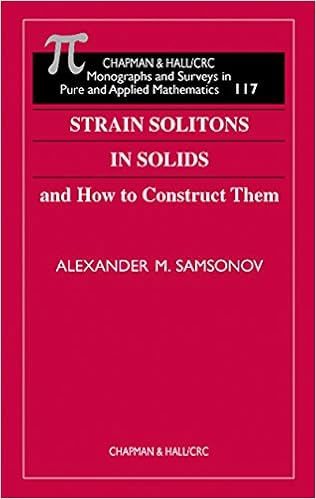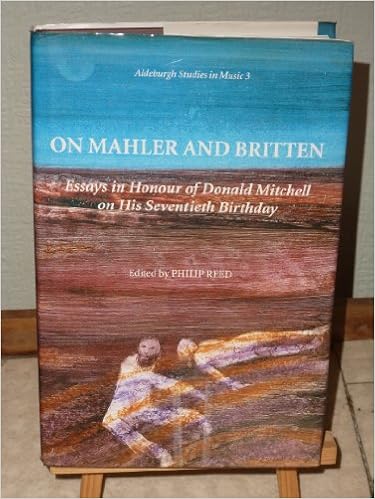
By Heather A. Kenny, Laura A. Robbins
ISBN-10: 1553791452
ISBN-13: 9781553791454
A valid procedure offers a logically sequenced approach for educating analyzing and spelling utilizing phonemic expertise. The ebook relies on genuine lecture room reviews, a synthesis of up to date learn, and instructor suggestions. This source offers the information and abilities you must successfully check and educate the most important examining abilities on your starting and suffering readers. The authors provide: quite a few basic, potent actions that entice visible, auditory, and kinesthetic freshmen enticing, easy-to-follow lesson plans acceptable for whole-class, small-group, or person guideline that simply healthy right into a readers-workshop or literacy-centre procedure enlightening research-to-practice sidebars that reply to universal questions and matters reproducible exams, sound playing cards and observe playing cards, short-vowel cue playing cards, photos pages, words-and-pictures pages, tale starters, and riddles
Read or Download A Sound Approach: Using Phonemic Awareness to Teach Reading and Spelling PDF
Similar education books
Read e-book online Building Research Tools with Google For Dummies (For Dummies PDF
It teaches me many helpful google methods that i did not be aware of earlier than. specially this www. googlefight. com site is enjoyable. you could struggle whatever there. Even this e-book with different google comparable books.
See who wins.
Download PDF by Alexander M. Samsonov: Strain Solitons in Solids and How to Construct Them
Professor Gerard Maugin in: (ASME) utilized Mechanics experiences, Vol. fifty four, No. four, July 2001, pp. B61-B62.
New PDF release: Java 2 Web Developer Certification Study Guide, 2nd Edition
May be shipped from US. fresh replica.
In February 1995 Donald Mitchell, the most important authority at the existence and works of Gustav Mahler and Benjamin Britten, celebrated his seventieth birthday. This paintings is released to mark this occasion. distinct composers, students, colleagues and pals from around the globe have written on facets of the 2 composers closest to Mitchell's middle - Mahler and Britten - to supply a quantity which not just displays a number of the newest considering on them yet which additionally will pay tribute to the effect of Mitchell's personal paintings on those composers during the last 50 years.
- The New Industrial Geography: Regions, Regulation and Institutions (Routledge Studies in the Modern World Economy, 22)
- Intelligent Systems for Knowledge Management
- Corruption and Development: The Anti-Corruption Campaigns (Palgrave Studies in Development)
- Sarbanes-Oxley For Dummies (For Dummies (Business & Personal Finance))
Additional resources for A Sound Approach: Using Phonemic Awareness to Teach Reading and Spelling
Sample text
But, if we started with a phonetic approximation instead, we would begin by sounding out the word as follows: /f/ /r/ /i/ /e/ /n/ /d/. When we read the entire sentence, we get: “My dog Sam plays with me. ” Provided that we have been monitoring our reading and that we have the word friend in our speaking vocabulary, we would automatically self-correct and read the word correctly. Our phonetic approximation (fri-end), combined with an understanding of the context of the sentence, is sufficient to enable us to recognize the word as friend.
The gym teacher, who was waiting at the classroom door, overheard and was impressed. ” she said. ” Without missing a beat, Roberto counted the sounds off on his fingers. “/L/-/ew/-/i/-/s/,” he said. “You have four sounds, Mrs. Lewis. ” Teacher I am going to count all the sounds in someone’s name except for the last one. I want you to tell me the last sound. Ready? Diane. ) Students /n/ Variation 8: Have students provide the last two sounds in each name. For example: Teacher I’m going to say the first few sounds in a name and, when I hold up my fingers, I want you to tell me the last two sounds.
26 A Sound Approach eight, had given up on expecting his reading to make sense. Consequently, he did not bother to pay attention to whether the words he read were real words or nonsense words. This behavior—which initially seems very strange—is disturbingly widespread amongst students who struggle with decoding. Anthony’s tutor reported that, whenever he came to an unfamiliar word, Anthony’s voice would drop, and he would mutter something unintelligible, then carry on reading. ” Stephanie, a fifth grader, at least recited real words.
A Sound Approach: Using Phonemic Awareness to Teach Reading and Spelling by Heather A. Kenny, Laura A. Robbins
by William
4.1



